Asaf Bitton and Beth Rabbitt on the State of Health and the Parabola Project
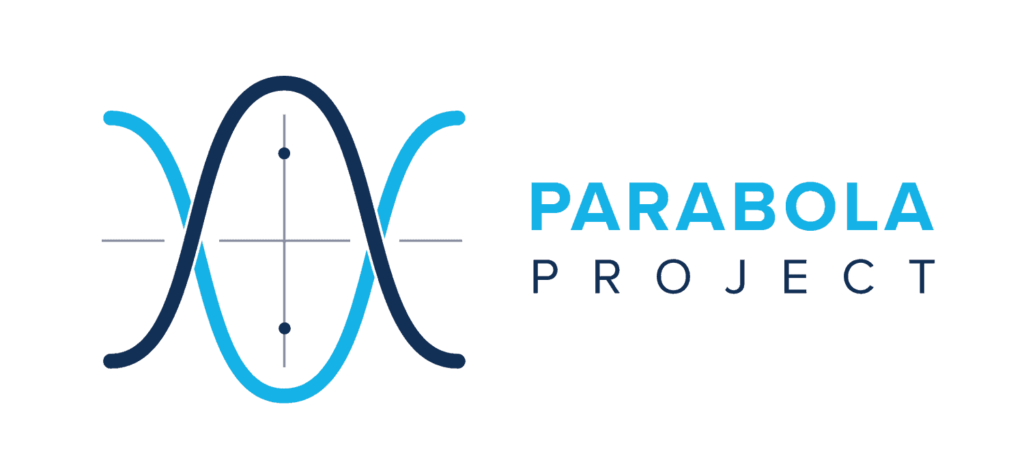
On this week’s episode, Tom is talking with Dr. Beth Rabbitt and Dr. Asaf Bitton about the state of global health, how it relates to schools and a new initiative called the Parabola Project which offers education leaders tools and strategies to minimize health risks while maximizing learning when reopening schools.
Dr. Beth Rabbit is CEO of The Learning Accelerator, a national nonprofit that is working to make the ‘potential’ possible and practical for every teacher and learner. Underpinning TLA’s work is a drive to ensure each student receives an effective, equitable, and engaging education that supports them to reach their full and unique potential.
Dr. Asaf Bitton is executive director of Ariadne Labs, a joint center for health systems innovation at Brigham & Women’s Hospital and the Harvard T.H. Chan School of Public Health.
Ariadne Labs was Founded by Atul Gawande and is a health systems innovator aiming to bridge the gap between what we should be doing in healthcare and what we’re doing on a daily basis. They have partnered with the Always Ready For Learning Initiative, on the Parabola Project, one initiative of many, in order to provide edleaders with the resources and strategies needed to traverse uncertain terrain.
In this episode Dr. Asaf Bitton reflects on the question: should students return to school? “This can not be a one size fits all prescription here. We have to keep in mind what the science is teaching us… schools are not where the majority of transmissions are happening.” He also notes that “Most staff members, like other essential workers, can and will safely go about the business of doing their job.”
Both Asaf and Beth remain hopeful that in the next 3-4 months we will see a set of coordinated steps song the public health playbook, an evidence-based guide to navigating health crises.
When asked about the effectiveness of hybrid learning, Beth said “Hybrid is a context, not a learning model. Online and in-person are not interchangeable.” – Beth Rabbitt
What are some things schools should be doing?
- Screening, distancing, cohorting, hand washing
- Overcommunicate with families and stakeholders
- Testing/tracking/tracing – one of the 9 core principles in the Parabola Project
- This is coordinating and information sharing capacity
- Trust in science and expertise.
“Focus on the trust dividend, the trust quotient. [Leaders] are in the trust game.”
Key Takeaways:
[:10] About today’s episode with Beth Rabbitt and Asaf Bitton.
[1:05] Tom welcomes Beth and Asaf to the podcast!
[1:24] Dr. Bitton shares about Ariadne Labs; their mission, vision, and what they have accomplished thus far.
[2:27] Dr. Beth Rabbitt speaks about The Learning Accelerator (TLA); their mission, vision, and what they have accomplished thus far. She also shares about the origin of The Parabola Project.
[6:50] Should kids be in school right now? Dr. Bitton shares his insights.
[9:03] What can schools do to safeguard staff members in an in-person school setting?
[10:51] Dr. Bitton’s thoughts on the risk associated with staff members’ circles of interaction outside of a school setting.
[13:43] Practices that can be put in place to minimize transmission risk.
[15:07] Beth offers some suggestions on how superintendents could frame a community dialogue to bridge the gap between parents who want their children back in school and teachers with concerns about returning to a public setting.
[18:08] Should schools be paying attention to testing, tracking, and tracing when it comes to COVID-19? And if so, how might they?
[20:04] What could school districts and the government be doing better? Does Dr. Bitton see things getting better in the next few months in terms of a coordinated public health response?
[23:34] What Beth is telling schools about sports.
[25:27] If a school or a district doesn’t have room to bring all of their students back in a safe and distant way, is a hybrid schedule still the best approach?
[27:12] Dr. Bitton’s advice for local health officials and school officials on how they can build a sense of trust about the path forward in terms of precautions, protocols, vaccinations, and strategies.
[31:31] How should school and system leaders think about the gaps that seem to be accelerated for the most vulnerable students?
[34:44] Dr. Bitton offers some holiday advice to keep in mind in the coming months.
[36:43] Where to learn more about The Parabola Project.
[37:33] Tom thanks Dr. Rabbit and Dr. Bitton for both joining the podcast.
Mentioned in This Episode:


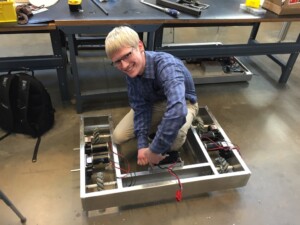
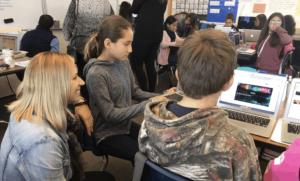
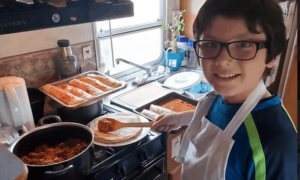
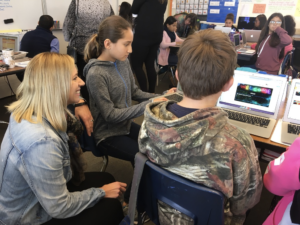
0 Comments
Leave a Comment
Your email address will not be published. All fields are required.